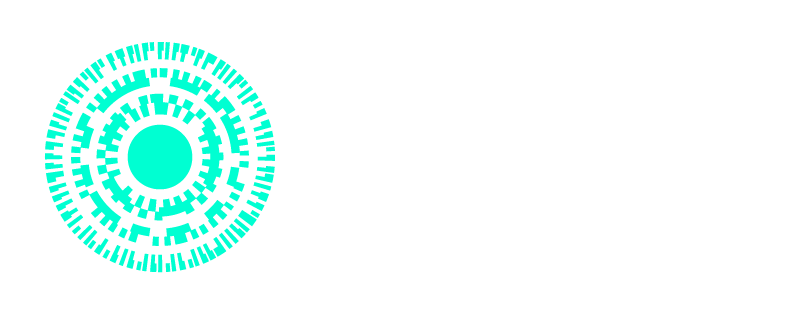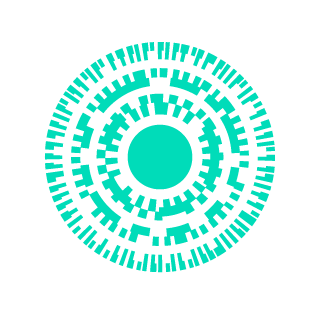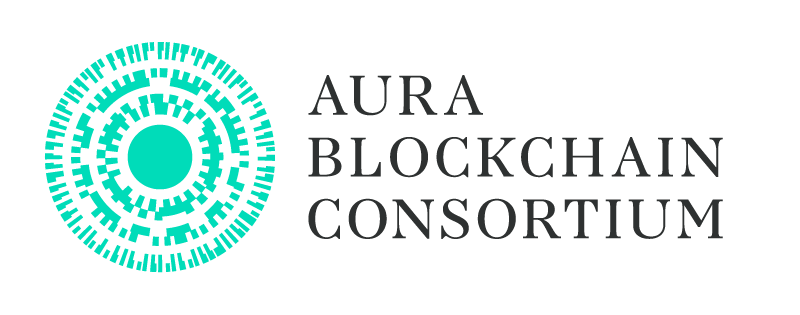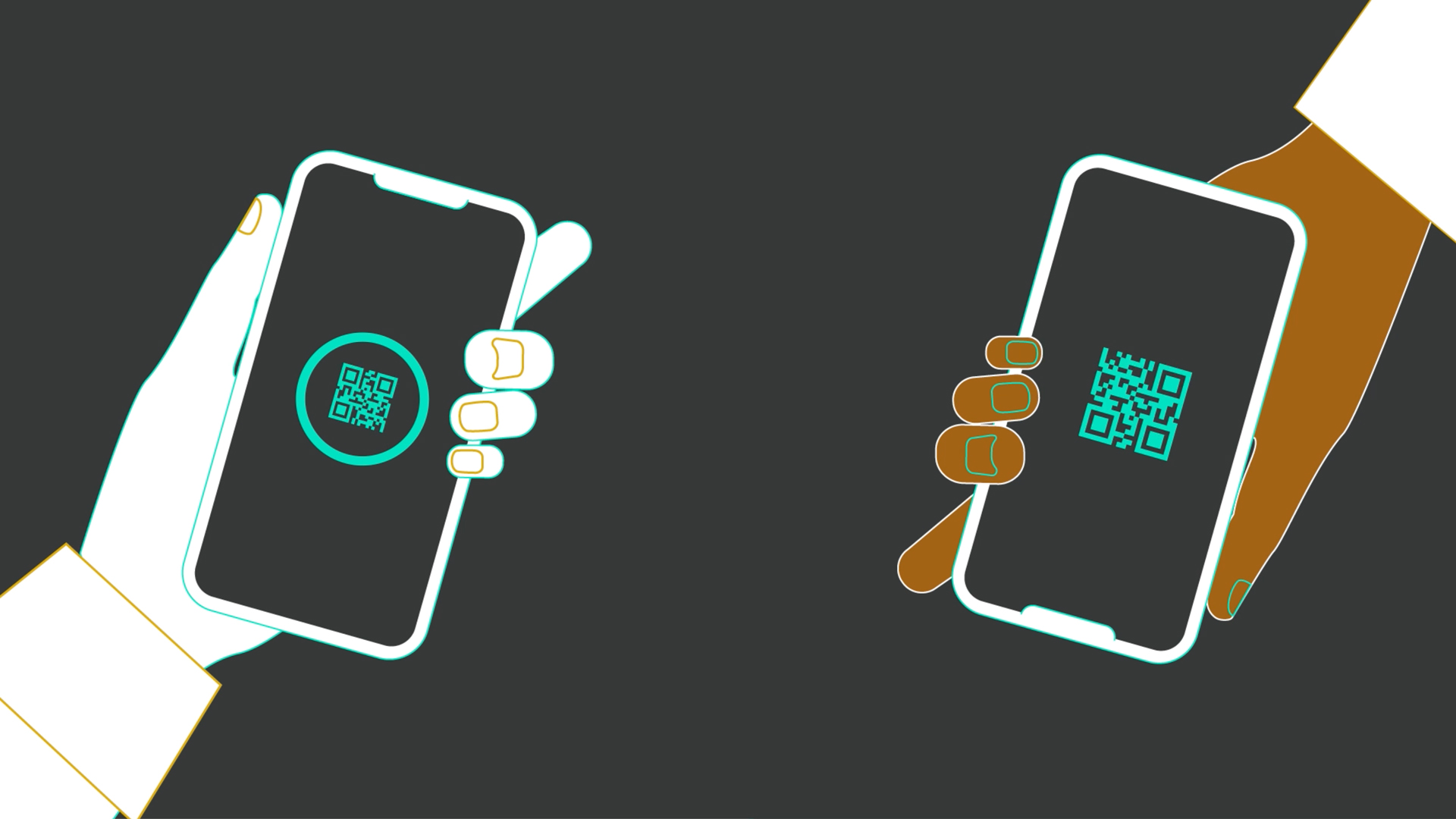Having explored the role of blockchain in authenticating luxury goods and how blockchain and NFTs can enhance the relationship between customers and brands, we now turn to the burgeoning luxury resale markets. It’s easy enough to introduce blockchain authentication to new products, but what about the billions of products already circulating? There are obvious challenges. Nevertheless, blockchain offers opportunities to brands and resellers alike.
Sales of second-hand luxury goods are currently booming. According to an analysis from luxury consultants Bain & Company, the second-hand luxury market soared to €33 billion ($36 billion) in 2021, representing an increase of 65% over the four years leading up to 2021. In contrast, sales of first-hand goods grew by 12%. Now, the market is forecast to reach over $50 billion within the next five years, driven by an increasing appetite for luxury goods among cost-savvy millennials.
However, authenticating luxury goods for resale remains a challenge. Given the high resale value of some products and the sheer volume of outlets where people can market and sell counterfeit luxury goods, the issue is rife. According to one report, as many as one in five items tagged as luxury goods on Instagram are fake. The issue has led to one influencer amassing close to a million followers for his TikTok account, where he shares tips and tricks for spotting counterfeit products.
In a previous article, we explored how blockchain can be used to authenticate luxury goods. When a product is manufactured, it’s assigned a unique, blockchain-based identifier or QR code which is issued to the owner in the form of a digital certificate of authenticity.
The digital certificate of authenticity stays with the product throughout its lifetime, so when the owner wants to sell the item on the secondary market, it can be listed as available with its certificate, bypassing the need for retail customers to retain paper trails of receipts. The fact of the certificate’s ownership by the holder of the item serves to show that the item is genuine, not counterfeit or stolen.
Aura Blockchain Consortium enables a seamless customer journey in the transfer of ownership both for reselling or gifting your items. Thanks to the certificate of authenticity the value of any luxury product lasts over time enabling access to benefits and exclusive services. When the owner of a product decides to gift or resell it, ownership can be easily transferred to the next person offering the brand and new owner a way to build a mutual and unique relationship. With a very efficient process and the verification of the blockchain, the transfer of ownership is quick, safe and prevents the risk of counterfeit products. The new owner will have access to the same high-end dedicated services that the brand offers to its clients, no matter how often the product is gifted or resold.
Introducing Blockchain into Resale Markets
One obvious challenge with applying new technology to the second-hand markets is that many products are already circulating that didn’t have blockchain-based digital certificates issued when they were manufactured. The only way to authenticate these goods is to have them checked by humans with enough expertise to identify counterfeit goods. However, there is no reason why brands could not potentially offer to retroactively issue certificates for any item that can be satisfactorily authenticated.
For instance, if someone has an original receipt and can present their product at a licensed outlet for inspection, a brand could easily issue a blockchain-based certificate.
Leveraging Universal Standards
The more authentication processes can be harmonized and standardized across the industry, the easier it becomes for consumers to verify that they’re buying the real deal. Ultimately, resale products could easily have their entire maintenance and repair history on the blockchain, as well as evidence of their age, ownership history, and provenance. Counterfeit products would end up becoming so obviously fake that the only people purchasing them would be doing so knowingly, and it would be far easier for regulators to intervene.
Platforms don’t need to reinvent the wheel and start building their own blockchains. Aura Blockchain Consortium provides an off-the-shelf, cloud-based SaaS solution that can be implemented by any company in the luxury market with minimal fuss. Members that want to join the Aura blockchain network as a full node hosting their own infrastructure for a more customized solution are also welcome.



